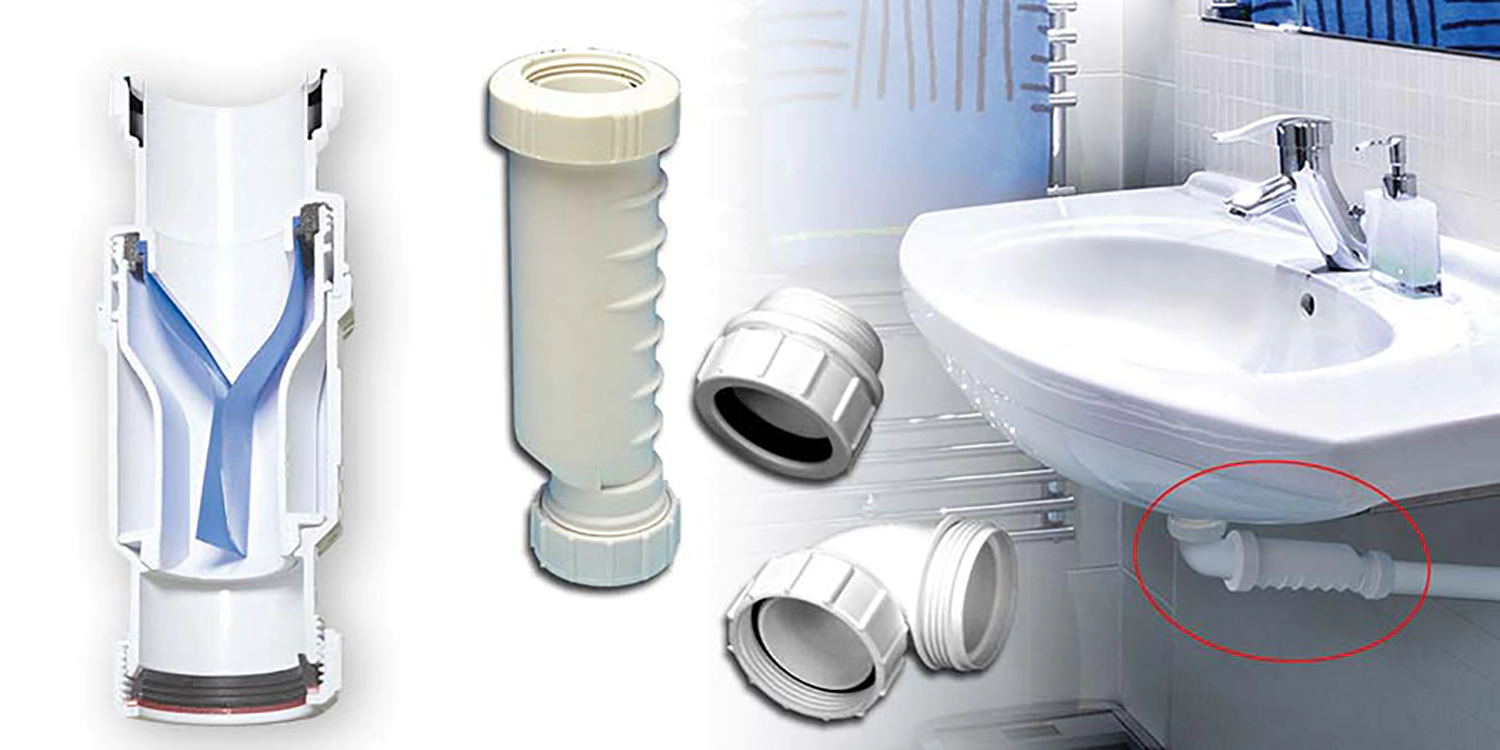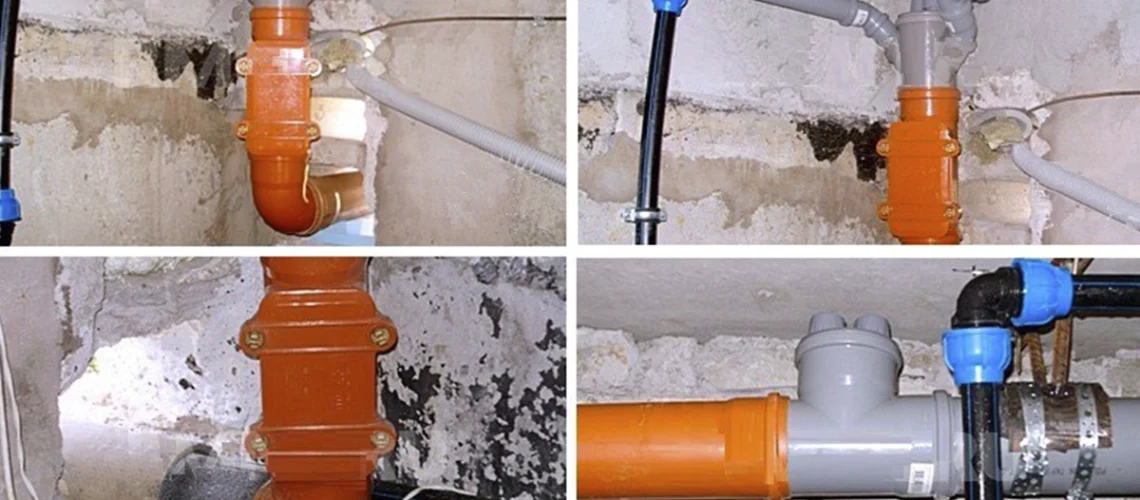There’s nothing quite as unpleasant—or alarming—as the smell of sewer gas in your home. It’s more than just a bad odor; it could be a sign of a serious issue within your plumbing or drainage system. While many homeowners might try to mask the smell with air fresheners or cleaning products, the root cause needs professional attention.
In this article, we’ll break down what causes sewer gas odors in your home, the risks they pose, and what you can do to eliminate them for good.
Contents
What Is Sewer Gas?
Sewer gas is a mixture of gases produced by the breakdown of organic waste in sewer systems. The main components include:
- Hydrogen sulfide (the one that smells like rotten eggs)
- Methane
- Ammonia
- Carbon dioxide
- Nitrogen
In small amounts, sewer gas isn’t typically life-threatening. However, prolonged exposure can be hazardous to your health and indicate a malfunctioning plumbing system that could lead to water damage, mold, or even structural issues.
Common Causes of Sewer Gas Odors in Homes
1. Dry Plumbing Traps
One of the most common causes of sewer gas odors in your home is a dry P-trap. A P-trap is the curved section of pipe located beneath sinks, tubs, and floor drains. It holds a small amount of water that acts as a barrier to prevent sewer gas from coming back up through the drain.
If the fixture hasn’t been used in a while—like in a guest bathroom or basement floor drain—the water in the trap can evaporate, allowing foul odors to enter your living space.
Solution: Run water down unused drains every few weeks to keep the trap filled.

2. Broken or Cracked Sewer Pipes
If there’s a crack or break in your home’s sewer lines—especially those hidden behind walls or under the foundation—sewer gas can seep into your home through the opening. This issue can also lead to sewage backups and structural damage if not addressed promptly.
Solution: A plumber can perform a smoke test or video camera inspection to identify the exact location of the break and recommend proper repairs.
3. Blocked or Clogged Vents
Your home’s plumbing system includes a network of vent pipes that allow sewer gases to escape outdoors. If these vents become blocked (due to debris, bird nests, ice, or snow), gases can’t exit properly and may be pushed back into your home.
Solution: A licensed plumber can clear the blocked vent stack and restore airflow through the system.
4. Loose or Damaged Toilet Seals
Another common source of sewer gas smells is the wax ring seal beneath the toilet. If this seal is broken, loose, or improperly installed, sewer gases can leak into the bathroom—especially when you flush.
You may also notice the toilet rocks slightly or small water leaks at the base, both of which indicate a problem with the seal.
Solution: Reseating or replacing the wax ring can eliminate the odor and restore a proper seal.
5. Sewer Line Backups
If your main sewer line is partially or fully blocked, it can cause wastewater to back up into the home and release sewer gas odors. Early signs include slow drains, gurgling noises, or multiple drains clogging at the same time.
Solution: A professional plumber can inspect the sewer line and perform drain cleaning or hydro jetting if necessary.
6. Improperly Installed or Damaged Plumbing Fixtures
Sometimes the issue lies in poor installation. If plumbing vents are missing or improperly connected, or if there are loose joints in the drainpipes, sewer gas can find its way into your home.
This is more common in older homes or DIY renovations where plumbing was not done to code.
Solution: Have a licensed plumber inspect your system to identify any non-code-compliant connections.
Health Risks of Sewer Gas Exposure
While the smell alone is unpleasant, prolonged exposure to sewer gas can also pose health risks, especially in high concentrations. These include:
- Headaches
- Nausea
- Dizziness
- Eye and throat irritation
- Respiratory problems
- Fatigue
Hydrogen sulfide, even in low levels, can be irritating. In higher levels, it can be toxic. Methane is flammable and presents a fire or explosion risk if it accumulates indoors. This makes it critical to investigate any recurring or unexplained sewer odors as soon as possible.
When to Call a Professional Plumber
If you notice persistent sewer gas odors in your home, especially around sinks, showers, toilets, or floor drains, don’t ignore them. While some problems, like a dry trap, are easy to fix, others may require professional diagnosis and repair.
You should call a licensed plumber if:
- The smell is constant or recurring
- Multiple fixtures emit the odor
- You hear gurgling sounds from drains
- There are signs of water damage near toilets or sinks
- You feel ill when the smell is present
- You suspect a broken pipe or sewer line leak
At POM Plumbing, we use advanced tools like smoke testing, video inspections, and moisture sensors to quickly locate the source of the odor and resolve the issue permanently.

How to Prevent Sewer Gas Smells in the Future
Once the problem is fixed, take steps to prevent sewer gas from coming back:
- Run water in all drains weekly to keep P-traps filled
- Keep toilets flushed in rarely used bathrooms
- Schedule annual plumbing inspections
- Don’t ignore slow or gurgling drains—act early
- Seal and vent new plumbing fixtures properly
- Use drain strainers to avoid clogs and debris buildup
Maintaining your plumbing system is the best defense against sewer odors and the damage they can cause over time.
Why Choose POM Plumbing?
With over 15 years of experience serving Toronto and the GTA, POM Plumbing is your trusted source for expert diagnostics, drain repair, and plumbing system inspections. We understand how stressful sewer gas smells can be—and we respond quickly to resolve them.
Our licensed and insured technicians use the latest equipment to find the source of the problem, recommend the best solution, and restore safety and comfort to your home.
Final Thoughts
Sewer gas odors in your home are more than just a nuisance—they’re a red flag that something isn’t working as it should in your plumbing system. From dry traps to broken pipes and blocked vents, there are several reasons sewer gas might be entering your space. But with professional help and preventive care, you can eliminate the odor and protect your home and health.




